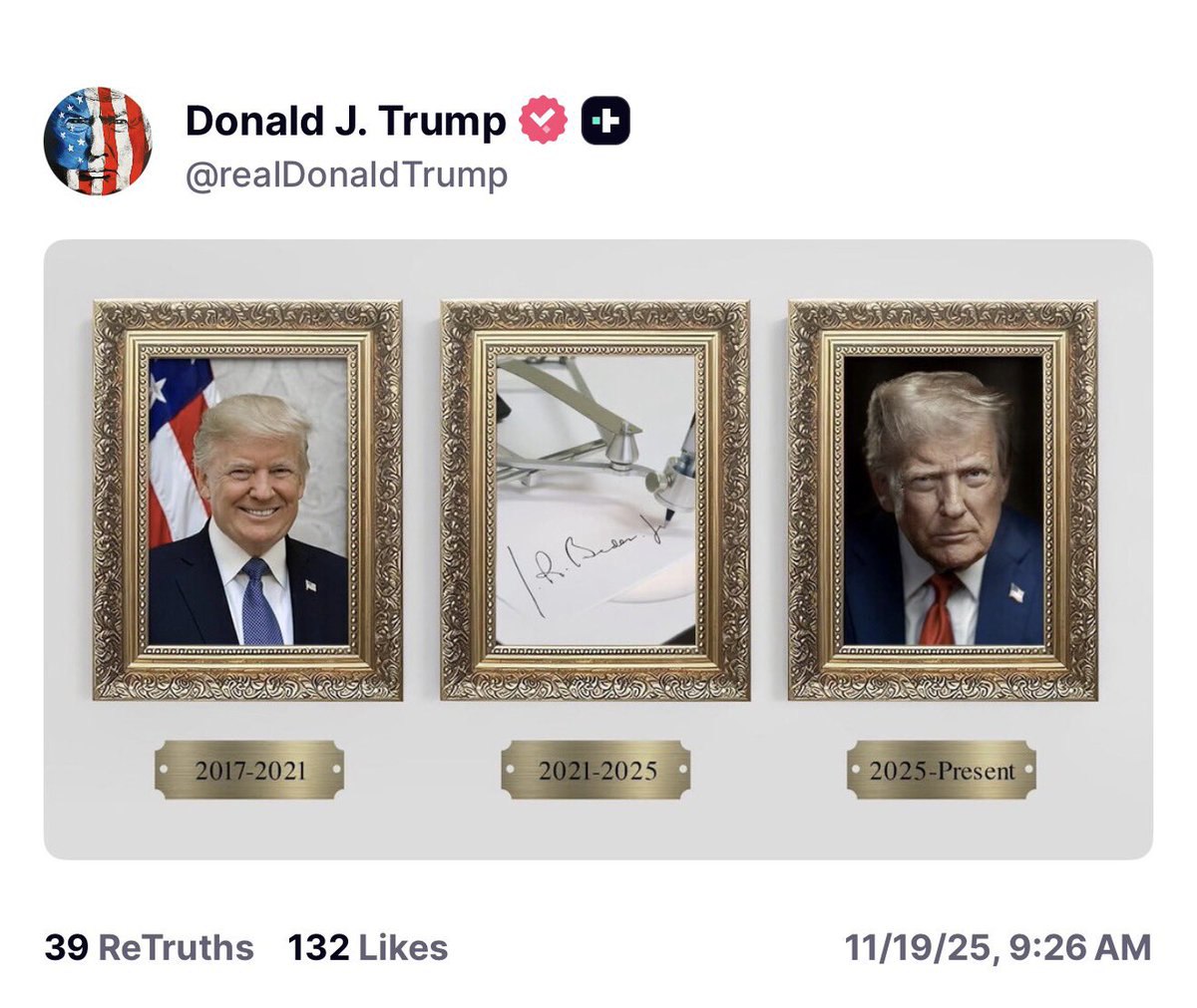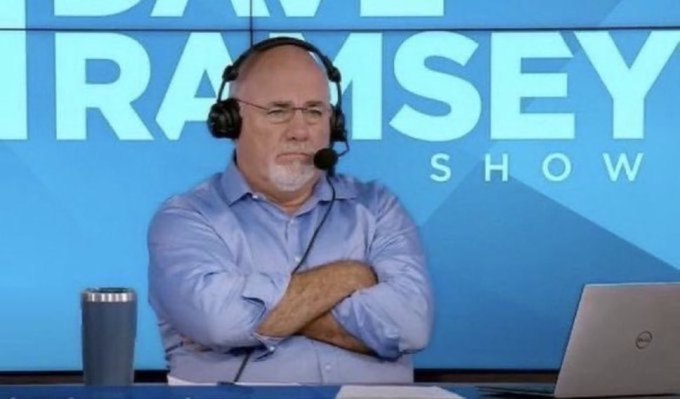House Fails to Censure Stacey Plaskett Amid Epstein Controversy
In a significant development, the U.S. House of Representatives has declined to censure Democratic Representative Stacey Plaskett following allegations of her involvement in a controversial deal related to Jeffrey Epstein. The accusations suggest that Plaskett colluded with Epstein to undermine former President Donald Trump, raising concerns among some lawmakers regarding the integrity of the legislative process.
The decision not to move forward with a censure vote has sparked outrage among certain members of Congress. Representative Anna Paulina Luna, a Republican from Florida, criticized the House leadership, claiming that the failure to censure Plaskett was a result of a backroom deal. According to Luna, this arrangement involved the withdrawal of a vote to censure and refer fellow Representative Cory Mills to the House Ethics Committee for investigation. “The swamp protects itself,” Luna stated, implying that political maneuvering is at play in the decision-making process.
The controversy surrounding Plaskett has drawn attention to the broader implications of political alliances and accountability within Congress. Critics argue that the failure to address the allegations against Plaskett undermines the ethical standards expected of elected officials. Supporters of Plaskett, however, maintain that the allegations are unfounded and politically motivated.
The House's decision not to censure Plaskett comes at a time when scrutiny of political figures and their associations is heightened, particularly in light of Epstein's notorious history. Epstein, a convicted sex offender, was known for his connections to numerous high-profile individuals, and any association with him can lead to significant political fallout.
As the situation develops, it remains to be seen how this controversy will impact Plaskett's political career and the broader dynamics within the House of Representatives. The implications of this decision may resonate beyond the current political landscape, influencing future discussions on ethics and accountability in government.



